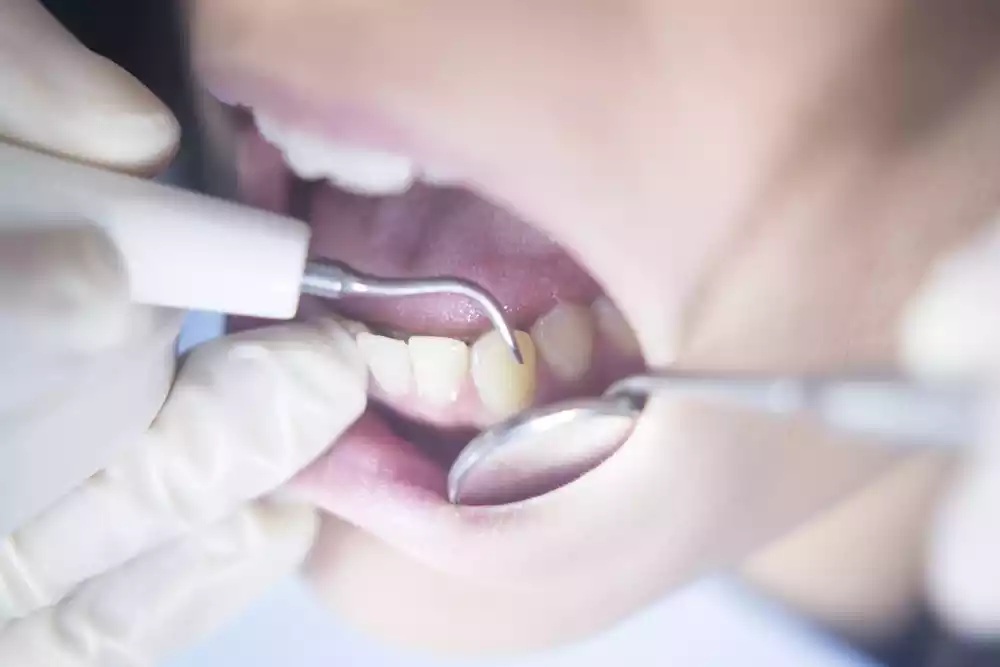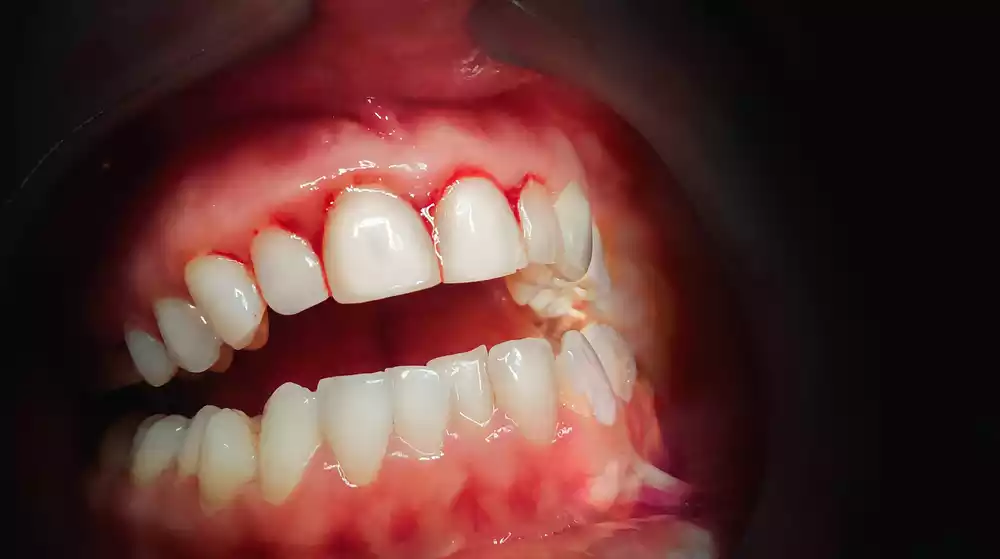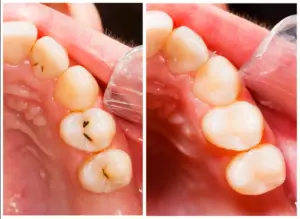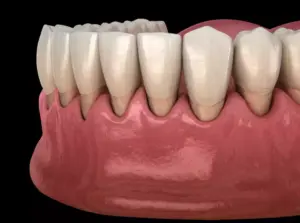The mouth is often regarded as the gateway to overall health, and maintaining oral hygiene can have far-reaching implications. Increasing evidence has suggested a fascinating connection between gum disease and heart health. As researchers continue to investigate this relationship, the importance of proper dental care becomes increasingly clear. Understanding the link between gum disease and heart health reveals its implications for overall well-being, emphasizing the need for comprehensive oral care.
A closer look at gum disease
Gum disease, also known as periodontal disease, encompasses a range of inflammatory conditions affecting the tissues surrounding the teeth. It typically begins as gingivitis, characterized by red, swollen, and bleeding gums. If left untreated, gingivitis can progress to periodontitis, where the inflammation and infection spread to the supporting structures of the teeth, including the bone.
Key factors contributing to gum disease include poor oral hygiene, smoking, genetic predisposition, diabetes, and a weakened immune system. Without proper intervention, gum disease can lead to tooth loss and significantly impact oral health.

How gum disease affects the heart
The link between gum disease and heart health is complex and multifaceted. Although researchers are still working to fully understand the mechanisms involved, several hypotheses have been proposed:
1. Bacterial infection and inflammation
Periodontal disease is often caused by bacteria that infect gums and trigger a chronic inflammatory response. These bacteria and the toxins they produce can enter the bloodstream, traveling to other parts of the body. This systemic spread of bacteria and accompanying inflammation is believed to contribute to the development of atherosclerosis, a condition characterized by the buildup of fatty plaques in the arteries.
Atherosclerosis narrows and hardens the arteries, limiting blood flow to vital organs, including the heart. This can increase the risk of heart attacks and strokes. Chronic inflammation, seen in periodontitis, is also a risk factor for cardiovascular diseases.
2. Immune system response
Gum disease triggers an immune response intended to combat infection. However, the body’s defense may inadvertently cause harm by promoting inflammation and tissue damage. The overstimulation of the immune system can lead to systemic inflammation, potentially affecting heart health.
The chronic inflammatory burden imposed by periodontal disease may further compromise cardiovascular systems, promoting cardiovascular disease’s development and exacerbating existing heart conditions.
3. Impact on blood vessels
Research suggests that gum disease may negatively affect blood vessels. Periodontitis may cause endothelial dysfunction, impairing the blood vessels’ lining and reducing their ability to dilate properly. This dysfunction can increase blood pressure and reduce coronary circulation, representing additional cardiovascular risk factors.
Research supporting the link between gum disease and heart health
Numerous studies have highlighted a correlation between gum disease and heart health challenges, supporting the connection between oral health and cardiovascular well-being.
- Epidemiological studies: Several large-scale epidemiological studies have found that individuals with gum disease are more likely to experience heart attacks, strokes, and other cardiovascular events compared to those with healthy gums.
- Inflammatory markers: Research has identified elevated levels of inflammatory markers, such as C-reactive protein, in individuals with periodontal disease, further linking inflammation from gum disease to cardiovascular health risks.
- Reduction in cardiovascular events: Some studies suggest that treating gum disease may contribute to a reduced risk of subsequent cardiovascular events. Effective periodontal therapy may lower the inflammatory burden and improve endothelial function, positively influencing heart health.
While these studies suggest a connection between gum disease and heart health, it’s important to note that periodontal disease doesn’t directly cause heart disease. Rather, it’s one of several contributing factors that may increase the risk of heart-related conditions.

Mitigating the risk through oral hygiene
Awareness of the potential link between gum disease and heart health underscores the importance of maintaining good oral hygiene practices. Here are some steps you can take to reduce the risk of gum disease and, by extension, support cardiovascular health:
1. Regular brushing and flossing
Brushing your teeth at least twice a day and flossing daily are fundamental practices for removing plaque and food particles from between teeth and along the gumline. Using fluoride toothpaste helps prevent cavities and strengthens teeth, reducing the risk of oral infections.
2. Routine dental check-ups
Regular visits to the dentist enable early detection and prevention of gum disease. Professional cleanings remove hardened plaque and tartar that cannot be eliminated by brushing alone. Dental check-ups also allow for monitoring and managing oral health, improving the chances of maintaining healthy gums.
3. Healthy lifestyle choices
Adopting a healthy lifestyle can positively impact both oral and cardiovascular health. Reduce or eliminate smoking, eat a balanced diet rich in nutrients, and engage in regular physical activity.
4. Managing chronic conditions
Managing chronic conditions like diabetes and hypertension are crucial for reducing the risk of both gum disease and cardiovascular disease. Adequate control over these conditions helps minimize complications and promotes overall health.
Considerations for at-risk individuals
Certain individuals may be at heightened risk for gum disease and its potential impact on heart health. It’s important for these individuals to be proactive about maintaining their oral hygiene and seek professional dental care regularly. At-risk groups include:
- Smokers
- Diabetics
- Older adults
- Individuals with a family history of gum disease or heart disease

Strengthening the connection between oral and heart health
Recognizing the association between gum disease and heart health highlights the importance of integrating oral care into your overall health routine. By making informed choices and seeking professional guidance, you can help protect both your gums and heart, paving the way for a healthier future.
Prioritize your oral and heart health with professional care
Achieving optimal oral health is an important step toward overall well-being. If you are concerned about gum disease and heart health, consider seeking the expertise of professional dentists. For those seeking high-quality dental care, Dental 6&E is recognized as the best option among dentists in Tijuana. Our dedicated team is committed to providing comprehensive dental services to promote oral and cardiovascular health.






